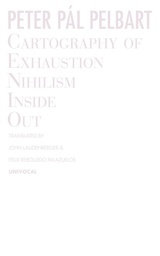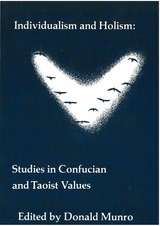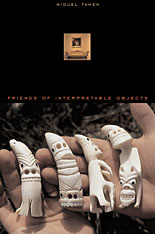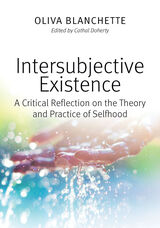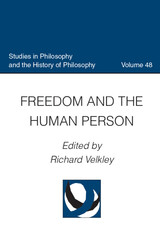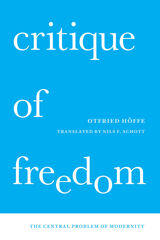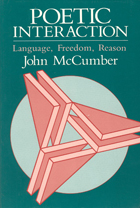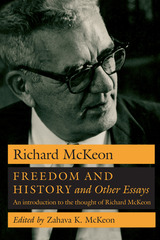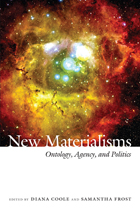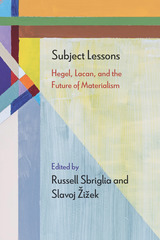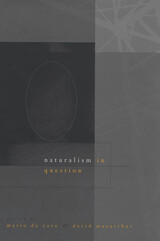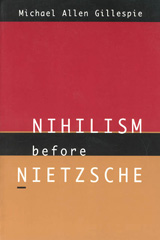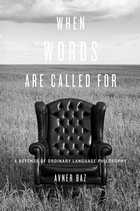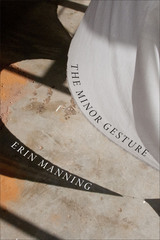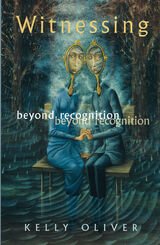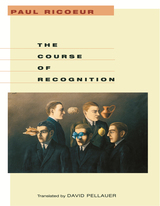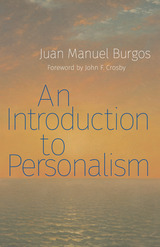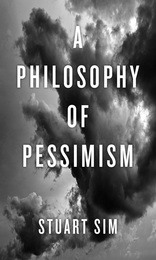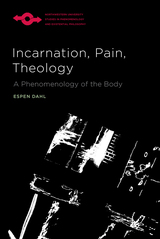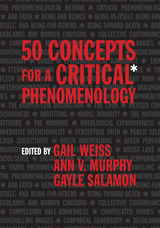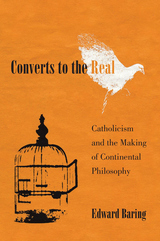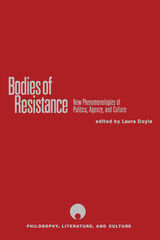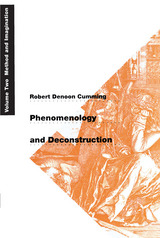eISBN: 978-1-937561-77-2 | Paper: 978-1-937561-51-2
Library of Congress Classification B828.3.P4513 2015
Dewey Decimal Classification 149.8
In our current landscape of communicative and connective excess, a very novel contemporary exhaustion exacerbated by our relation to the postdigital terrain is ever present. The Brazilian philosopher and schizoanalyst Peter Pál Pelbart pushes the vital question of our nihililstic age to the limits: how can one learn to be left alone, live alone, and perhaps, by way of a Deleuzian “absolute solitude,” conjure a vitality for living again and, indeed, finding something truly “worthy of saying”? Through various poetic meanderings and meditations and building on the works of Blanchot, Musil, Guattari, and Delingy, among others, Pelbart reestablishes the possibility of fighting off the exhaustion of our current state of affairs. For Pelbart, we must chart the cartography of exhaustion as if it were a sort of molecular symptomology.
See other books on: Cartography | Exhaustion | Nihilism | Philosophy | Social psychology
See other titles from University of Minnesota Press
